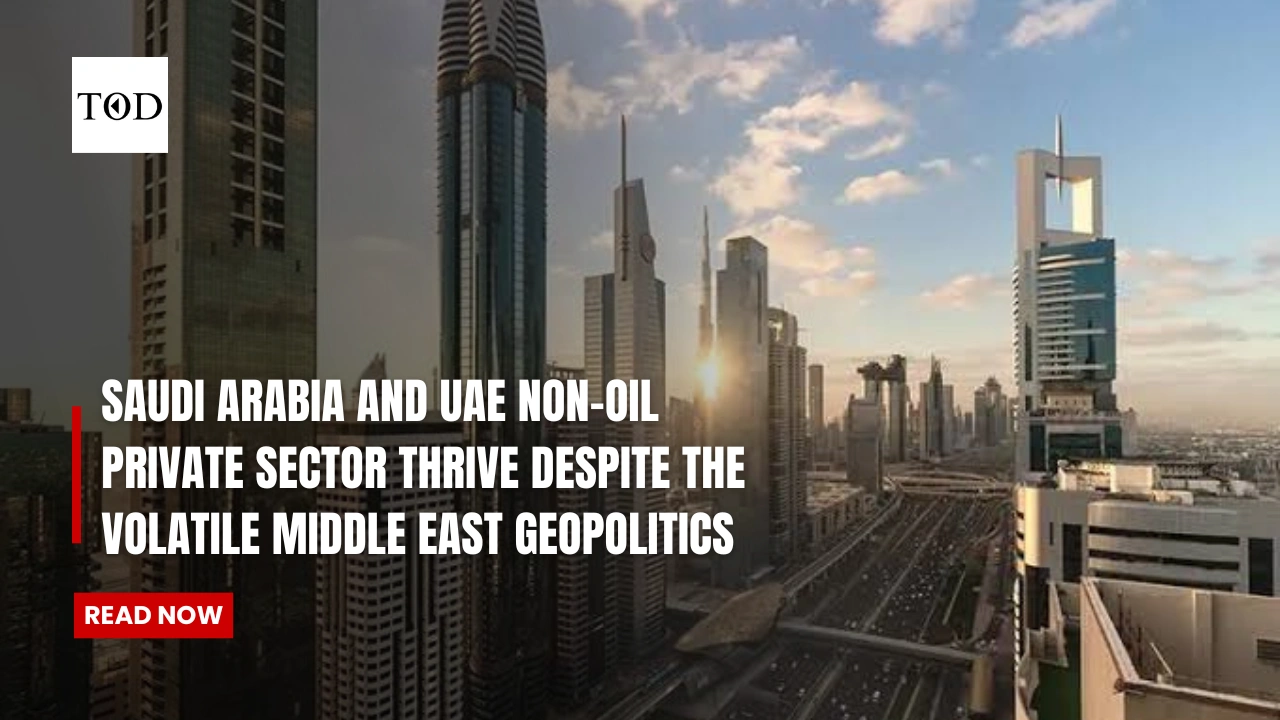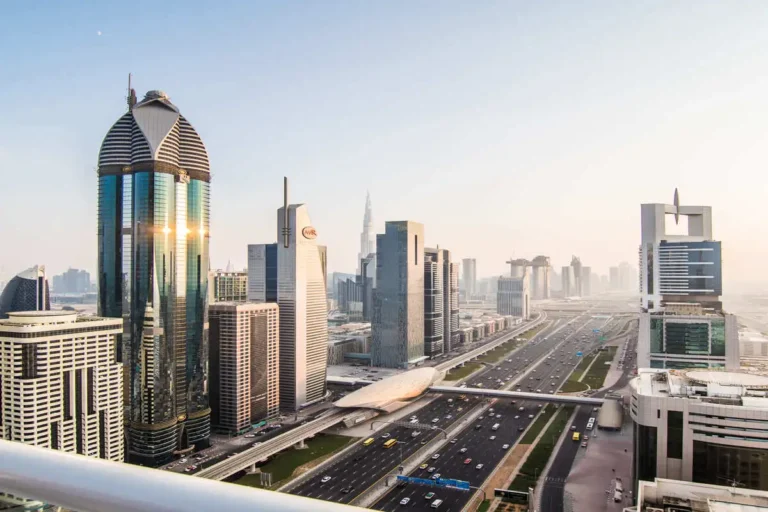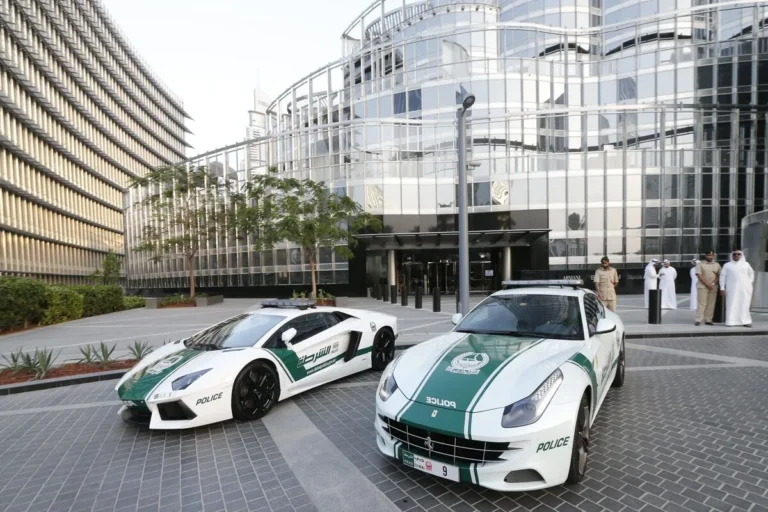July 5, 2025 | Dubai, UAE – UAE non-oil private sector continues to perform and display growth, although that growth has remained steady but modest, mainly impacted by the unprecedented Middle East geopolitics in 2025.
The 12-day Iran-Israel war was escalating dramatically, but it was eventually resolved with the support of the US. However, the ripples of the Iran-Israel war were felt throughout the Middle East geopolitics, hitting everything from markets to investors’ confidence and business demand in the region.
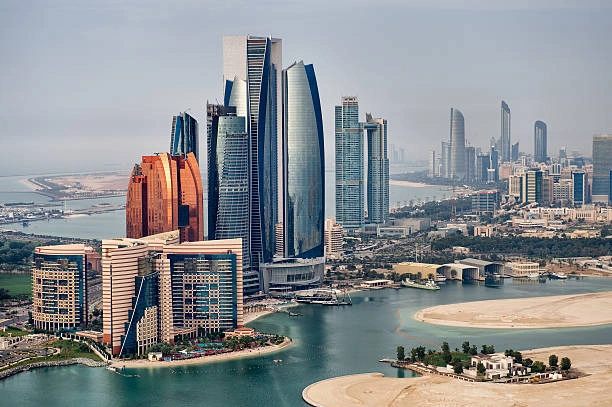
Trends In The UAE Non-Oil Private Sector After War
UAE non-oil private sector, like tourism, financial services and the real estate market, among others, has marked steady progress in June 2025. Due to the strained conditions of Middle East geopolitics, business demands slipped, but the UAE non-oil private sector was able to stabilize itself.
According to the reports by the S&P Global, UAE’s Purchasing Managers’ Index (PMI) moved to 53.5 from 53.3 in May, indicating a steady economic expansion. These numbers float above the neutral mark between growth and stagnation, but the rate of new business orders has dropped to its lowest level since September 2021.
S&P Global economist David Owen said, “The conflict created short-term uncertainty, particularly affecting demand.”
He associated the fall with the 12-day Iran-Israel War, which sparked distrust among the buyers. But, the UAE non-oil private sector businesses handled the situation strategically by addressing the clearance of all previous work backlog which also improved companies’ overall stability.
Why Was War So Central To UAE Businesses?
The Israel-Iran war in June shook global oil markets, but oil supply through the Strait of Hormuz was uninterrupted despite Iran’s threats. Gulf nations were on high alert for risks like radiation leaks or retaliation strikes as in Qatar, but according to the GCC’s crisis unit, no unusual radiation activity was reported.
UAE non-oil private sector managed to stay afloat throughout the disturbed Middle East geopolitics by consistent efforts and its highlights have been noted:
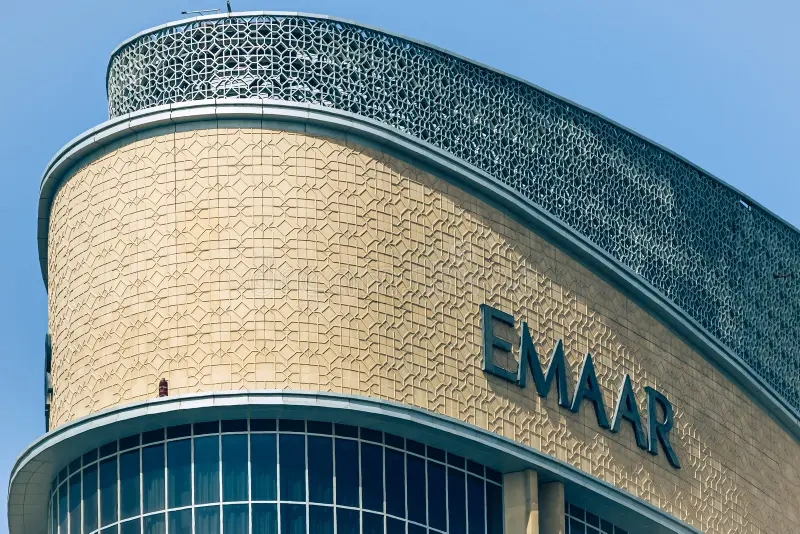
- In June, Fitch, S&P, and Moody’s confirmed the UAE’s strong credit ratings, mentioning their efforts to shift away from oil.
- The World Bank predicted a growth forecast of 4.6% for the UAE in 2025, due to the boost in the UAE’s non-oil private sector and fading OPEC+ production cuts.
- UAE non-oil private sector businesses increased output to clear backlogs.
- Selling prices were discounted for the first time in 6 months.
- Employment trended higher, despite growth slowing, but it was gradual.
- Dubai’s PMI hit its lowest 4 in years, and the rate of new orders was slowest in 45 months, but the overall activity and hirings showed improvement.
Saudi Arabia Flourishes In the Chaotic Times Of Middle East Geopolitics
Unlike the UAE non-oil private sector, Saudi Arabia’s non-oil sector boasted strong progress in June, due to an increase in demand and projects, leading to a rise in outputs and hiring. The PMI for Saudi Arabia was 57.2, the highest in 3 months and with the companies hiring at the fastest rate since 2011 to balance the higher workloads despite the conflicts in seo 2. However, the demand for exceptional manpower came with an exponential pay budget leading to the highest salaries since 2009, but companies are optimistic despite the increase.
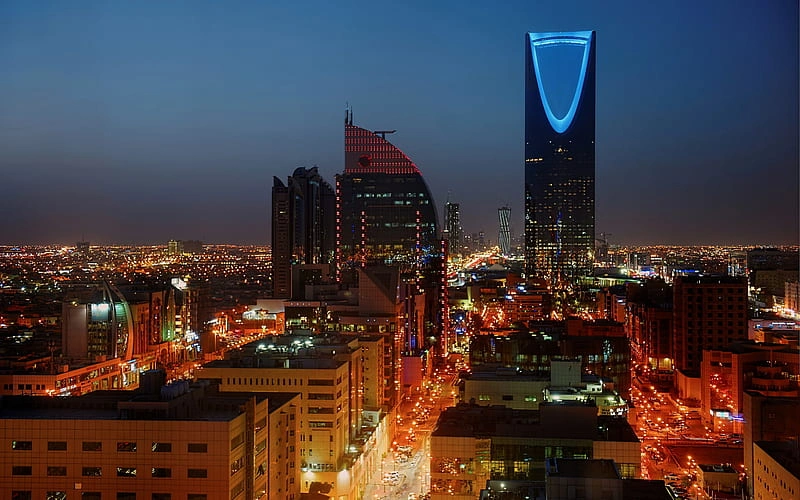
Chief economist at Riyad Bank, Naif Al-Ghaith, explained that the companies associate improvement in their activities to better sales, the start of new projects and an enhanced demand for products and services.
Recently, the International Monetary Fund (IMF) lifted Saudi Arabia’s growth predictions to 3.5% from 3% in April, for 2025 and 3.9% for 2026, from a previous mark of 0.2% after the unwinding of OPEC+ oil production cuts. This is a reflection of the Kingdom’s strong domestic momentum and expanding non-oil sector even through the harsh situations of Middle East geopolitics.
Read More: Beloved Footballer Diogo Jota Dies at 28 in a Car Crash


